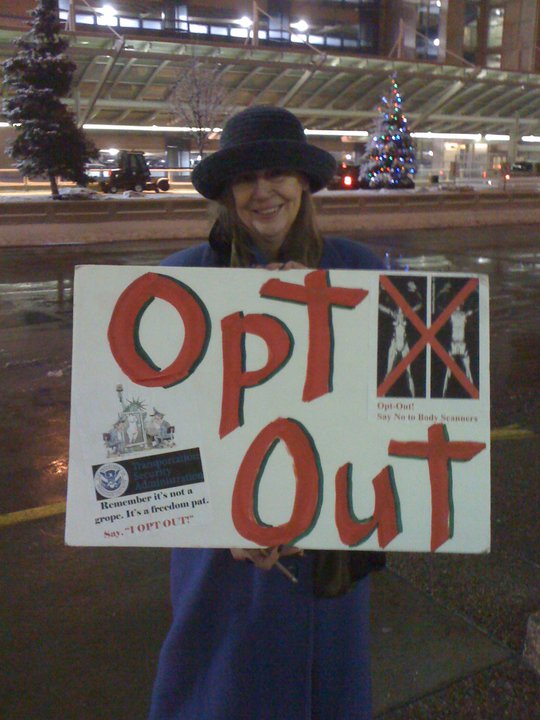"We do not torture"
- George Bush
Citing three legal conditions that must be met before a special prosecutor be called, 18 democrats on the House Judiciary Committee have made that request to Attorney General Mukasey regarding an investigation into torture tapes destroyed by the CIA in 2005.
Although Mukasey, on January 2, announced a full criminal investigation into the tapes it is clear that a conflict of interest might exist if the Department of Justice were involved in investigation the destruction of the tapes.
Before Mukasey's selection of longtime federal prosecutor John Durham to investigate the CIA interrogation tapes case, the Justice Department (DOJ) and the CIA’s Inspector General (IG) had reviewed the matter for close to a month in a “preliminary inquiry.” But that was not the first time DOJ and the IG had joined forces. According to the press, The Department of Justice and the Inspector General have been investigating many other programs.
Questions had been raised about the DoJ's involvement into the tapes' disappearance enquiry.
The Committee's request comes a day before the CIA's top lawyer, John Rizzo, is due to testify to the House Intelligence Committee about the tapes, which the CIA destroyed in November 2005. Recorded in 2002, they showed the harsh interrogation, presumed to be waterboarding, of two alleged al-Qaida suspects. Who was involved in making the legel determination to destroy the tapes has not been determined. Jane Harman, on the Intelligence Committee counselled against that move.
Rizzo's lawyer has suggested that if he were to testify, immunity from prosecution must be ensured.
The order to destroy the tapes was given by Jose Rodriguez, then the CIA's chief spy as head of the National Clandestine Service. Rodriguez had been scheduled to testify before the House committee on Wednesday, but his appearance was delayed because his attorney insists that Rodriguez be granted immunity from prosecution.
Conyers, D-Mich., also said in the letter to Mukasey that the Justice Department's ability to conduct an independent investigation is compromised because the CIA apparently consulted Justice and White House lawyers about the tapes and their destruction.
A video of previous Committee testimony from experts regarding the use of a special prosecutor can be viewed here.
A synopsis of the hearing held 20 December 2007 and what led Conyers to hold it despite Mukasey's assertion that DoJ’s practice to withhold information in ongoing investigations to prevent the perception of political influence can be found posted on the Legal Times can be found here.
Among the many legal questions to be answered is what role did the DoJ and David Addington, WH counsel, play in determining the "legality" of waterboarding, a practice clearly banned by Geneva. The US is a signatory to these conventions.
mportant Constitutional questions about Congressional oversight of intelligence agencies is also paramount in legal determinations involving checks and balances between government branches. A point has been raised that to come with effective oversight of US intelligence agencies, independent counsel, a special prosecutor, needs appointment to offer solutions to current problems.
TPMMuckraker has been kind enough to post the Committee's letter (and its signatories) online for us all:
A judiciary subcommittee will be holding a hearing to hear from experts on the subject this Thursday.
(Note: You can view every article as one long page if you sign up as an Advocate Member, or higher).





